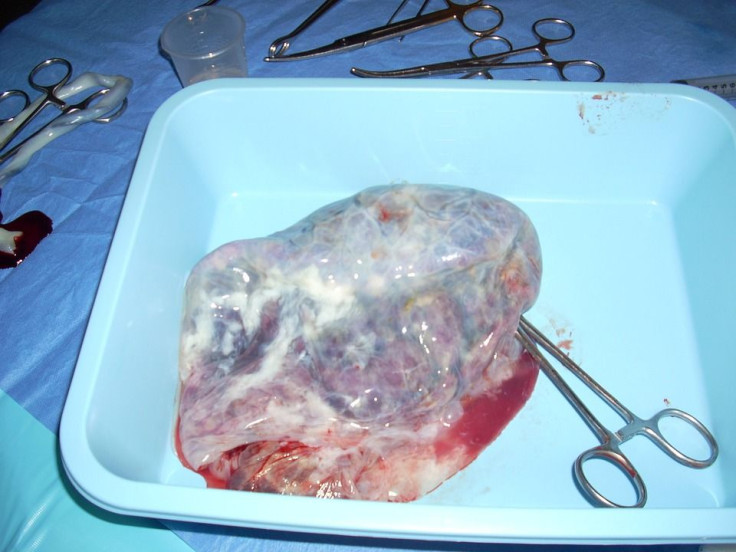Despite a ban on the sale of fresh human placentas, the highly sought commodity continues to be secretly sold in underground markets in China. Years after China made the trade illegal, insiders say traders have found a way around its commercialization below the government radar.
According to investigative reports from Chinese media, the black market for fresh human placentas are still thriving as they are bought from hospitals, funeral parlors and medical waste treatment plants. These can fetch a price of about 80 yuan ($12) each. Dealers then sell them to illegal shops raking in huge profits of several hundred yuan after these have been processed.
However, there are no regulations on these placentas which allows them to determine whether the organs are indeed safe to use as they can contain contagious viruses like hepatitis B, HIV, or syphilis, The South China Morning Post wrote.
The illegal trade is mostly based in Bozhou in Anhui, Pizhou in Jiangsu, and Yongcheng in Henan.
A Pizhou resident disclosed that his family has been selling placentas since 1996 adding that they processed about 130,000 fresh human placentas last year. Another Pizhou local said, his family processes over 7,000 human placentas a month to be turned into dry goods with a combined weight of 700-800 kg.
Both men said they earned about 5 yuan (77 U.S. cents) per dried placenta.
The Global Times reported on Monday that human placentas were also being openly sold on shopping websites such as Xianyu, which is a platform dedicated to selling second-hand items. Most sellers register their placenta product by using vague or cryptic names and product descriptions as a means to disguise the actual product to avoid being detected by authorities.
One retailer revealed that he has sold placentas for 360 yuan ($55) on Xianyu saying that the price could be negotiated down to 260 yuan ($40) if the buyer purchases more. The raw material is bought at 2,000 yuan ($307) per kilo.
Online shopping platform Taobao, lists placentas from a boy at a price of 480 yuan ($73) and 450 yuan ($69) from a girl.
The price difference is due to a long-term belief in China that a baby boy’s placenta has stronger health benefits. It is said that eating placenta is “heavily nutritious” and “if taken for the longer term… longevity will be achieved”. In the height of the ongoing pandemic, stem cell clinics also claimed to have cured patients with severe Covid-19 using placenta treatments.
China’s state media says the practice of eating placenta has re-emerged over the past decade. One maternity hospital in the eastern city of Nanjing reported that about 10% of new parents took their placenta after childbirth.
Meanwhile, processing placenta into capsules has become a business in China, as some are not too keen on consuming them as food. One Chinese shop owner said many of his consumers cook soup with the placenta.
A mother in Shanghai who requested anonymity admitted that after giving birth, she sent her placenta to a local shop near a hospital where it was processed into powder form and stuffed in capsules.
A businesswoman engaged in placenta processing in East China’s Zhejiang Province revealed that she even provides door-to-door services for families who have just given birth to children.
The processing was fast and cost less than 500 yuan ($77).
She added that although there are fewer customers in recent years, due to their inability to openly advertise, the demand is still quite strong.
Traditional Chinese medicine (TCM) experts and frontline pharmacists discourage people from consuming placentas because they are not that beneficial and pose health risks. Worse is that some human placentas may contain infectious and incurable viruses.
In China, illicit trading of the human placenta can be punished under the Regulations on the Administration of Medical Wastes, although there are no laws specifically targeting it. Violators of the regulation usually receive a fine that is not more than five times the amount of the illegal profits.

© 2025 Latin Times. All rights reserved. Do not reproduce without permission.



